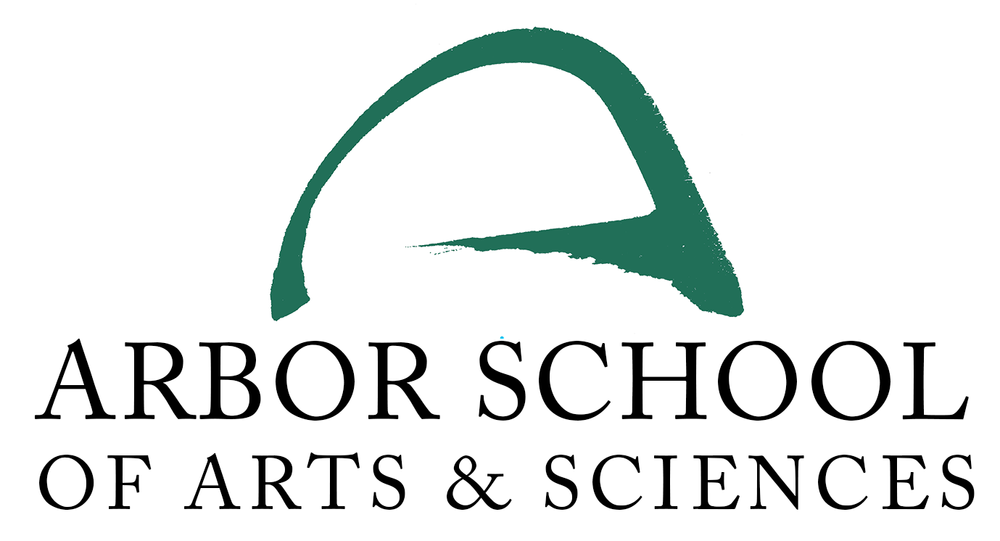Thematic Curriculum
“You can give humanistic value to almost anything by teaching it historically... with reference to the successive achievements of the geniuses....”
Focus on Meaningful Big Questions & Ideas
At Arbor School we have not been afraid to assert that some ideas are more worthy of consideration than others. When imagining what curricular content will be attractive to students, too many elementary schools fall victim to simplistic thinking. Since the children are small and immature, they are offered narrow and unsophisticated curricula. One of our central beliefs, however, is that students care about and therefore deserve to learn about big, seminal, messy, evolving ideas. These ideas span and interlace the academic disciplines, giving context to important skills and concepts, inviting learning that endures. Our thematic curriculum asks young students to engage deeply and repeatedly with critical ideas, discoveries, and works from history, science, and literature.
We want children to think about seasons and cycles, energy and motion, communities, inventions and discoveries, pattern and diversity, cultures of the world. We ask students to think about the sun and shadows, the reasons for the seasons, the adaptive advantages of camouflage and mimicry, the role of plants on the face of the Earth, the sea change that Galileo and company engendered in our understanding of our place in the cosmos, the phases of the Moon, the cascade of events that followed the Louisiana Purchase, the flow of energy in nature, the connections between physical geography and culture, the conditions that gave rise to the notion of natural law, genetics and evolution, the forces that bind humankind into societies, Newtonian mechanics, the physics of static structures, the structures and systems of animal organisms, a selection of the defining stories—from the Epic of Gilgamesh to the Mahabharata, from the Odyssey to Anansi tales—of the world’s peoples, the rise of the monotheistic religions, geologic time, and what we understand of the workings of our own minds.
The knowledge and creativity of faculty members with wide latitude to teach to the particular needs and interests of each group of children bring these large themes to life. Drawing together their deep understanding of the developmental realities of each age group and a well of background knowledge that grows with each encounter with the subject matter, Arbor teachers plan irresistible experiences for their students, building skill and knowledge and understanding. Many of our thematic units have been illuminated in detail by teachers’ articles in Cambium, our journal of curriculum and pedagogy; every issue is available for download at arborcenterforteaching.org. Descriptions of the thematic curriculum for each grade level are under "Curriculum" in the menu above.
